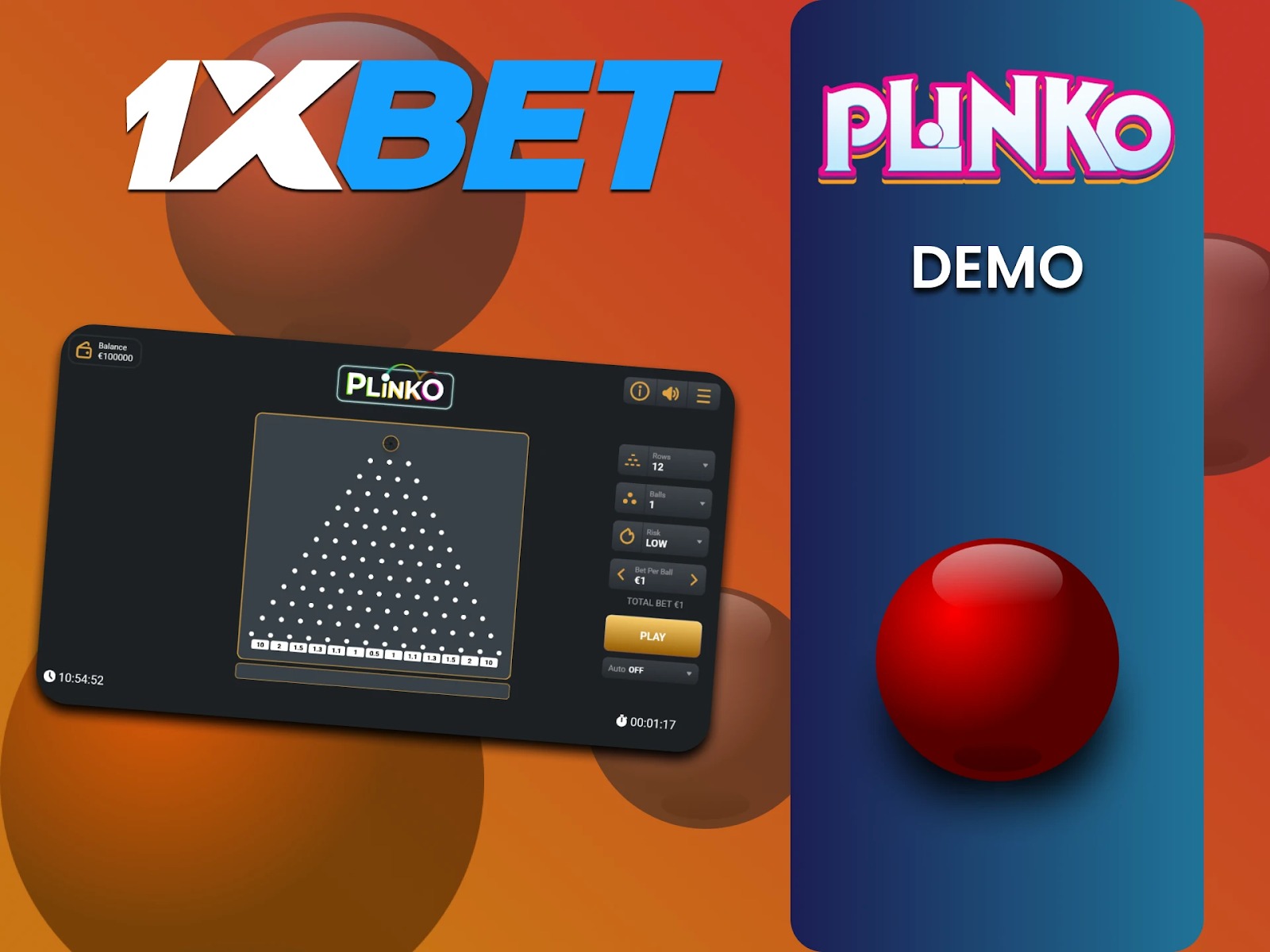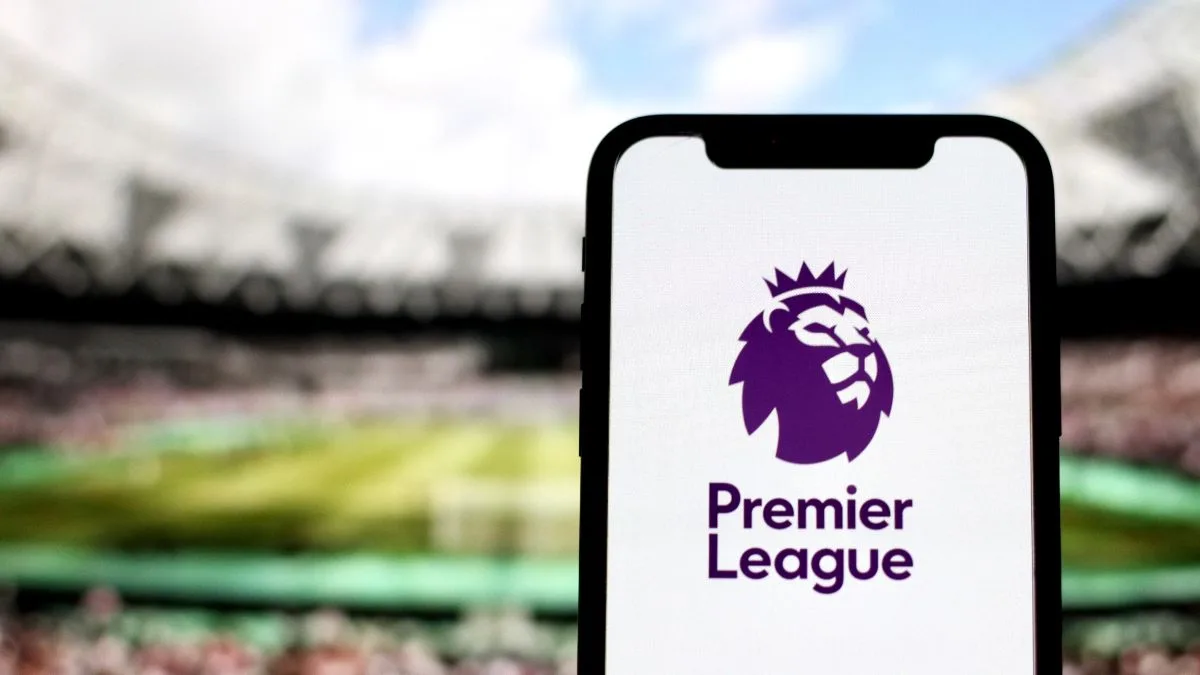The Kahnawà:ke Gaming Commission (KGC) sits in a sweet spot between lightly regulated offshore havens and high-cost, high-substance European regimes. To choose wisely in 2025, founders should benchmark the kahnawake gambling license against Malta (MGA), Curaçao’s new LOK framework, the Isle of Man (OGRA), and Anjouan. Below is an expanded, 1,200-word guide that dissects fees, substance rules, AML/CTF burdens, technical testing, timelines, and strategic fit—so you can align jurisdictional law with product reality.
Kahnawake’s headline authorization for remote operators is the Client Provider Authorization (CPA). Each operation also needs at least one Key Person Licence (KPL) for those who “direct or control” the business. There are related instruments-Client Software Provider Authorization (CSPA) for platform/game suppliers, Live Dealer Studio Authorisations (LDSA), and Inter-Jurisdictional Authorisations (IJA) if you already hold another licence. Malta uses one B2C licence with four “game types” under a single framework; Curaçao’s LOK now cleanly splits B2C and B2B licences; the Isle of Man offers Full, Network, Sub-licence and Software Supplier options; Anjouan typically issues one broad licence.
KGC licensees must host primary gaming servers at Mohawk Internet Technologies (MIT) inside the Mohawk Territory, managed by Continent 8-this is a hard requirement that shapes your tech stack and redundancy planning. Malta and the Isle of Man demand deeper local “substance”: physical offices, local directors, and on-island key personnel. Curaçao’s reformed regime is moving toward local presence (office and staff) by 2028–2029. Anjouan remains lenient on physical footprint, making it attractive for operators wanting minimal relocation.
The KGC enacted specific AML/CTF Regulations in June 2021: you must perform a documented risk assessment, maintain written policies, train staff, monitor transactions, and review program effectiveness periodically. That mirrors FATF-style obligations seen in Malta, Curaçao’s updated framework, and the Isle of Man. Startups that view AML as “paperwork” get caught out-FINTRAC-style rigor is not limited to Canada.
Kahnawake operates a formal complaints process overseen by a Dispute Resolution Officer; operators must cooperate and respond promptly. Malta and the Isle of Man offer similarly active consumer redress mechanisms, while Curaçao’s reforms now require ADR participation. Bake dispute intake and tracking into your CRM and surface metrics via dashboards-manual inbox handling won’t scale.
Your platform must pass muster with accredited labs. KGC obliges a Schedule I Control System Submission (CSS) detailing RNG integrity, security, payment flows, and operational controls. Labs like iTech Labs, GLI, or BMM are commonly used. Malta and IoM share ISO/IEC-aligned testing requirements; Curaçao’s LOK imposes pre-approval technical audits. Maintain versioned APIs and immutable change logs so re-certification isn’t a fire drill.
Realistic Kahnawake timelines run from several weeks to a few months, depending on due diligence findings and CSS complexity. The first licence period is six months, after which the Commission issues a full term if all conditions are met. Malta’s fit-and-proper plus systems reviews often extend past three months. Curaçao’s portal targets 6–8 weeks, but background checks and technical audits can stretch that. Isle of Man typically quotes around 10–12 weeks for a Full Licence.
Kahnawake licences renew annually, and you’ll file periodic returns (financials, AML metrics, player fund segregation). Missing data or late filings can jeopardize status. Malta requires ongoing compliance contributions and system audits; Curaçao mandates annual supervisory reporting; the Isle of Man ties reports to its player-protection and anti-crime principles. Automate extraction and validation so renewal season isn’t a mad scramble.
Choose Kahnawake if you want: (a) a respected regulator with no gaming tax, (b) predictable, mid-range fees, and (c) a compliance burden you can meet-provided you can host at MIT. It’s ideal for mid-sized operators and well-funded startups aiming for North American or global markets without full EU exposure. If European banking, PSP access, or national advertising in the EU is core, Malta or Isle of Man may still be worth the extra cost and substance load. Curaçao’s LOK now suits crypto-friendly expansion to LATAM/Asia-but with rising local presence obligations.
Regardless of licence, treat regulatory data as product data. For Kahnawake, expose via internal APIs: KYC status, self-exclusion flags, transaction thresholds (24-hour aggregation), complaint tickets, and fund-segregation snapshots. That same architecture satisfies MGA audits, Curaçao’s supervisory forms, or IoM’s five-year reviews. Designing once and reusing across jurisdictions prevents “compliance tech debt” when you expand.
Banking relationships remain one of the biggest friction points. While Kahnawake’s reputation has improved over two decades of regulation, some EU-based banks still prefer MGA or Isle of Man clients. Mitigate this by showing robust AML controls, audited financials, and clean payment flows. For crypto-heavy models, Curacao’s LOK and Kahnawake both offer workable paths-just validate that your PSP accepts those jurisdictions.
And remember: why it is difficult to organize a good business without a gambling license in the UK-regulatory clarity impacts banking access and PSP support even if you're not targeting the UK directly.
Building controls early costs less than remediation after a regulator’s inquiry.
1) Map product features to licence triggers (hosting, game supply, B2B vs B2C). 2) Draft an AML/CTF program that fits KGC regs-and is portable to Malta or Curaçao. 3) Budget realistically: include CSS review, lab tests, and annual filings. 4) Architect APIs for compliance evidence from day one. 5) Line up banks/PSPs early, presenting your jurisdictional choice plus control framework.
Kahnawake offers a balanced cocktail: credible oversight, zero gaming tax, defined costs, and a pragmatic-but real-compliance regime. When measured against Malta, Curaçao (LOK), the Isle of Man, and Anjouan, it is neither the least nor the most demanding. The “right” licence is the one whose legal duties, fee schedule, and technical obligations match your roadmap-and whose regulator you can work with over years, not months. Build compliance into your architecture and you can pivot across jurisdictions with minimal friction.
Kahnawake sits between bare-bones offshore and heavyweight EU regimes, pairing no gaming tax with firm rules on hosting at MIT, documented AML/CTF programs, and tested technical standards. Fees are mid-range, timelines moderate, and oversight credible. If you can live with the hosting mandate and build compliance into your stack, Kahnawake becomes a cost-efficient, scalable base. If you need EU-facing banking or deep on-island substance, Malta or the Isle of Man may serve better, while Curaçao’s LOK is evolving toward more substance but remains crypto-friendly. Design compliance APIs once and reuse them-jurisdictional shifts then become strategy, not surgery.




Want to add a comment?